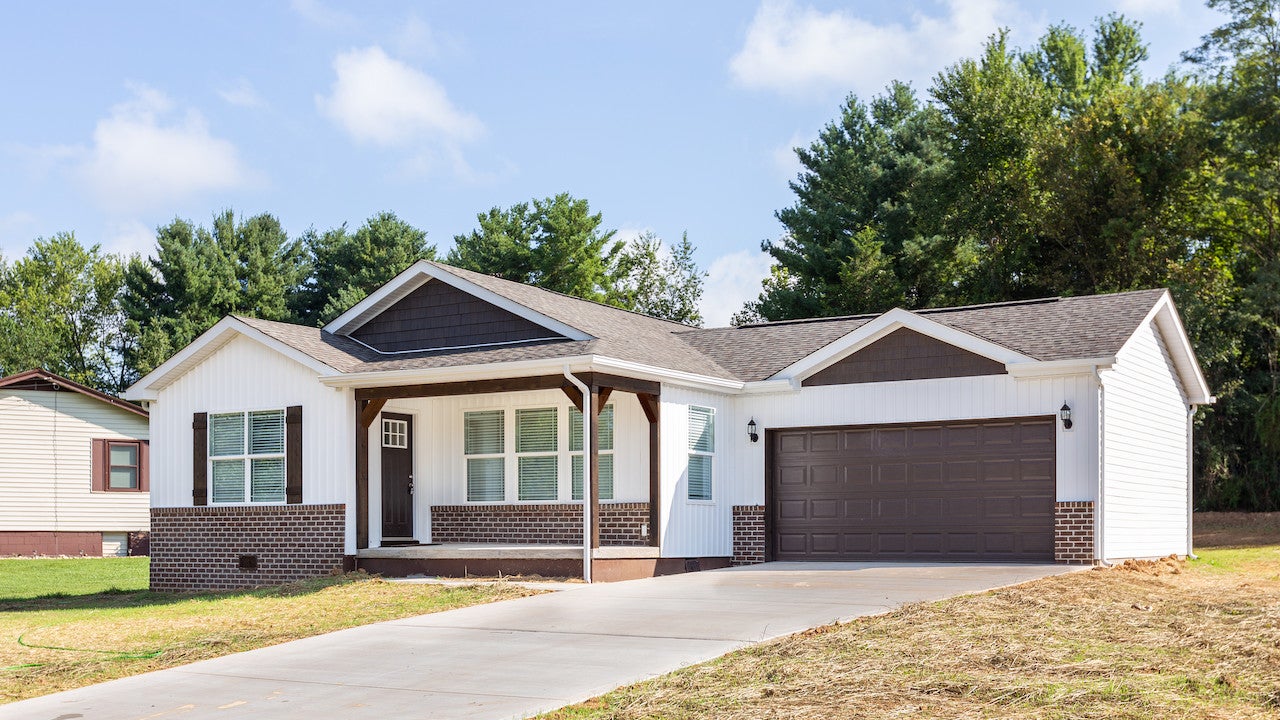A loan can be refinanced for a variety of reasons, including the desire to switch to a lower interest rate, the desire to lower your monthly payments, or the desire to draw extra funds. Refinancing large loans, such as mortgages, can often result in significant cost reductions over the life of the loan. This is also the case for people who own mobile homes but do not have mortgages but rather have "chattel loans" for their homes. A mobile home can be financed using a chattel loan because it is considered a piece of personal property rather than a piece of real estate. As a direct consequence of this, the interest rates that are attached to these loans are frequently significantly higher than the rates that would be attached to a mortgage loan. Because of the higher rate, the owner will have a substantial payment to make each month, as well as a significant amount of interest to pay over the course of the loan. Refinancing is one method that mobile homeowners can use to reduce these costs for their homes. You can save a significant amount of money over the course of the loan's lifetime if you refinance your chattel loan into a mortgage loan.
Key Takeaways
- There are a lot of mobile homes that are financed through chattel loans rather than mortgages, and the interest rates on chattel loans are significantly higher.
- Mobile homes that satisfy certain requirements may be able to be reclassified as real estate, making them suitable for financing via a mortgage.
- A real estate title and a permanent foundation are two of the most significant requirements that must be met in order to qualify for a mortgage on a mobile home.
- It is possible for you to spend much less on interest and on your monthly payments if you are able to successfully complete the steps necessary to transform your loan into a mortgage.
Obtaining a Refinance on a Mobile Home
The conversion of the current chattel loan on your mobile home into a mortgage loan will require some work on your part, but the money you will save will make an effort worthwhile. To start, you have the potential to negotiate significantly reduced interest rates for the remaining portion of the loan term. The interest rates on most chattel loans range anywhere from 7 percent to well over 12 percent. The interest rates on 30-year fixed mortgage loans were below 3.5 percent for the majority of the year 2020, and this trend is expected to continue for the most part into 2021.The Process of Obtaining a Mortgage
However, despite how appealing the idea of a mortgage loan may be, in order for a mobile home to be eligible for this kind of loan, a few additional requirements need to be satisfied. The mobile home will need to satisfy some version of the following requirements, even though the specific standards may vary slightly depending on the lender and the state:- It is imperative that it be established atop a stable and everlasting base.
- It is not allowed to have wheels, axles, or a hitch for towing.
- It had to have been constructed after June 15, 1976, at the very latest.
- It is required to have a foundation that is up to the standards set forth by the Department of Housing and Urban Development.
- It cannot be titled as personal property but must instead be titled as real estate.
- It is required to be installed on land that is owned by the homeowner.
Instructions on How to Change a Real Estate Title
In some states, the process of converting a title for personal property into a title for real estate can be broken down into its component steps. In most cases, there are extremely specific regulations that govern what real estate is and what it is not. It's possible that the law is handled differently in other states. Due to the intricate nature of the legal process involved in acquiring a title, it is highly recommended that you seek the assistance of a real estate lawyer. You can also talk to a representative from a title company in your area to learn the specific steps. You will absolutely need to make sure that you have the following on hand:- A duplicate of the certificate of origin for your home
- The deed to the property in question
- The title deed to the property that the house is situated on
What to Do in Case You Don't Meet the Requirements
Even though it is much simpler to obtain a real estate title (and, for that matter, a mortgage loan) if you own the land your mobile home is placed on, there are situations in which this is not the case. If you lease your lot in a mobile home community or from some form of landlord, then you may still be eligible for the Title 1 program offered by the Federal Housing Administration (FHA). You must meet the following requirements to qualify for a mortgage under Title 1:- Make the mobile home your primary place of abode and move in there.
- Be renting a lot or located on a site that satisfies the requirements set forth by the FHA.
- Have a lease in place that satisfies the requirements set forth by the FHA.
- Ensure that your home is built on a solid foundation4.


